Healthy Food Better for Hydration Than Gatorade
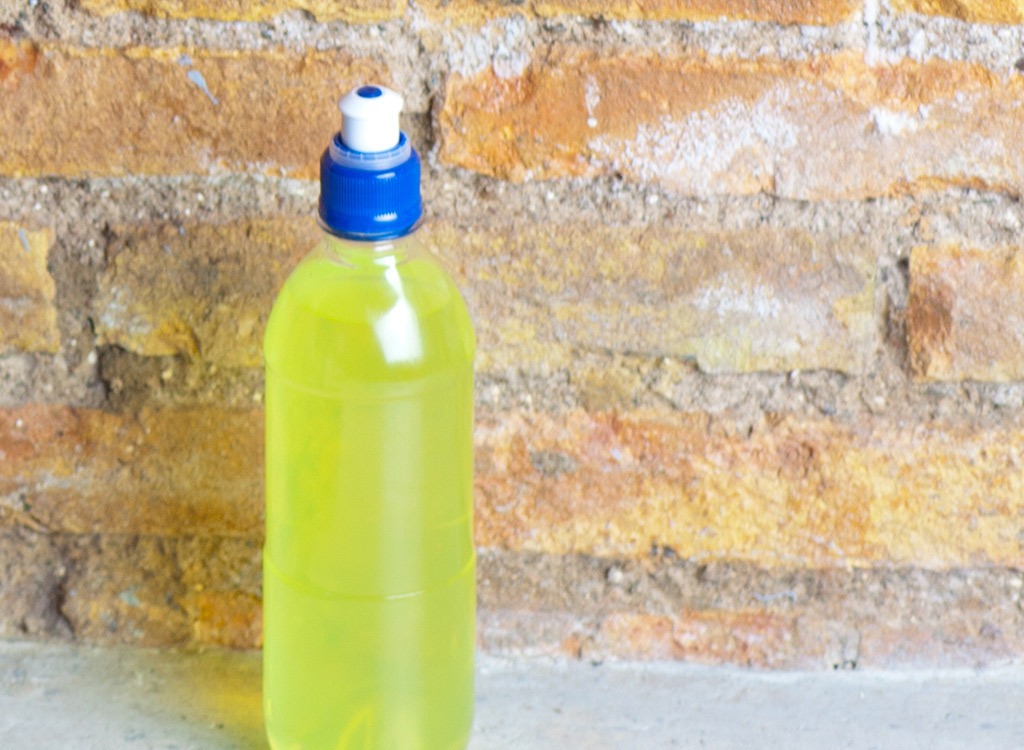
Sure, it provides critical post-workout electrolytes, like sodium and potassium, but it also serves up a hearty helping of calories and sugar. In fact, there’s 56 grams of the sweet stuff (which is more than a day’s worth) in a 32-ounce bottle. What’s more, the beverage is teeming with stomach-churning additives like wood rosin and artificial dyes that have been linked to cancer and hyperactivity in children.
A better—and safer—way to replenish the electrolytes and water lost after a tough workout: Pick up a fork and knife. There are a number of all-natural foods that are just as hydrating as Gatorade and chock full of electrolytes and nutrients that aid muscle recovery and weight loss. Here, six of our go-to post-workout foods that do just that. The best part? All of them contain a number of electrolytes—like chloride, magnesium and calcium—than Gatorade doesn’t supply.
DULSE
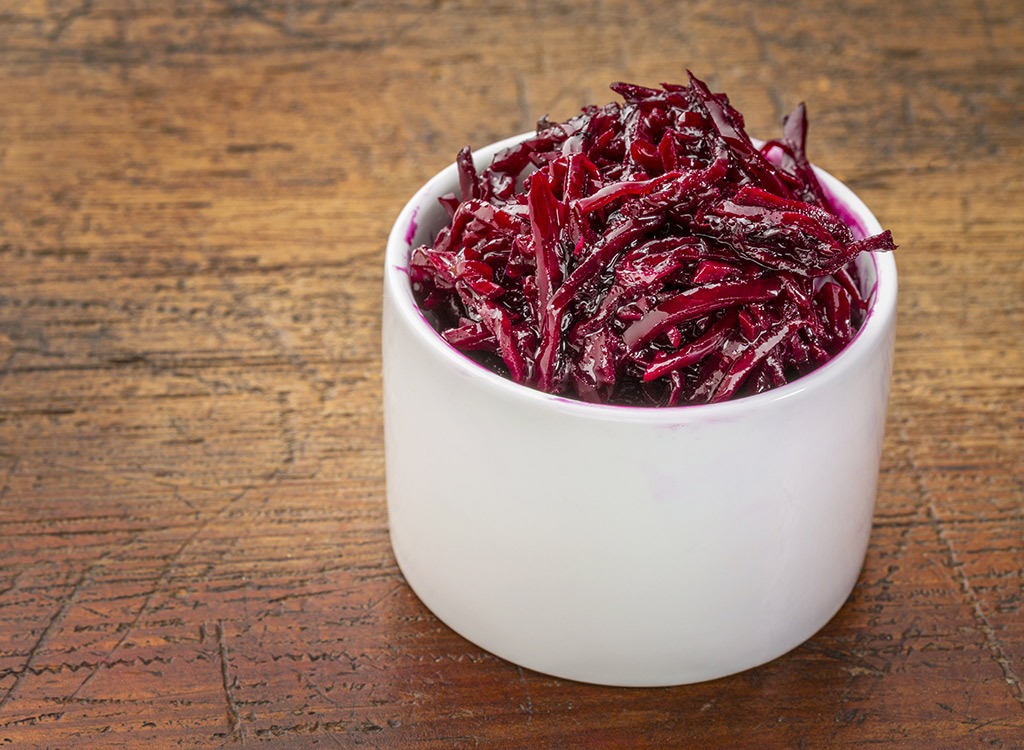
Because It Contains: Sodium + potassium + chloride + protein
When you sweat, you don’t just lose water; you lose important electrolytes, too. Dulse, a reddish-brown sea vegetable, not only replenishes some of these lost minerals but also serves up 6 grams of protein in a half-cup. And this essential nutrient is exactly what you need after your gym time for your muscles to recover and grow. And the more muscle you have, the more calories you’ll burn at rest, according to the Mayo Clinic.
Eat This! Use raw dulse in Asian-inspired vegetable stir-fries and broth-based soups.
CHOCOLATE MILK
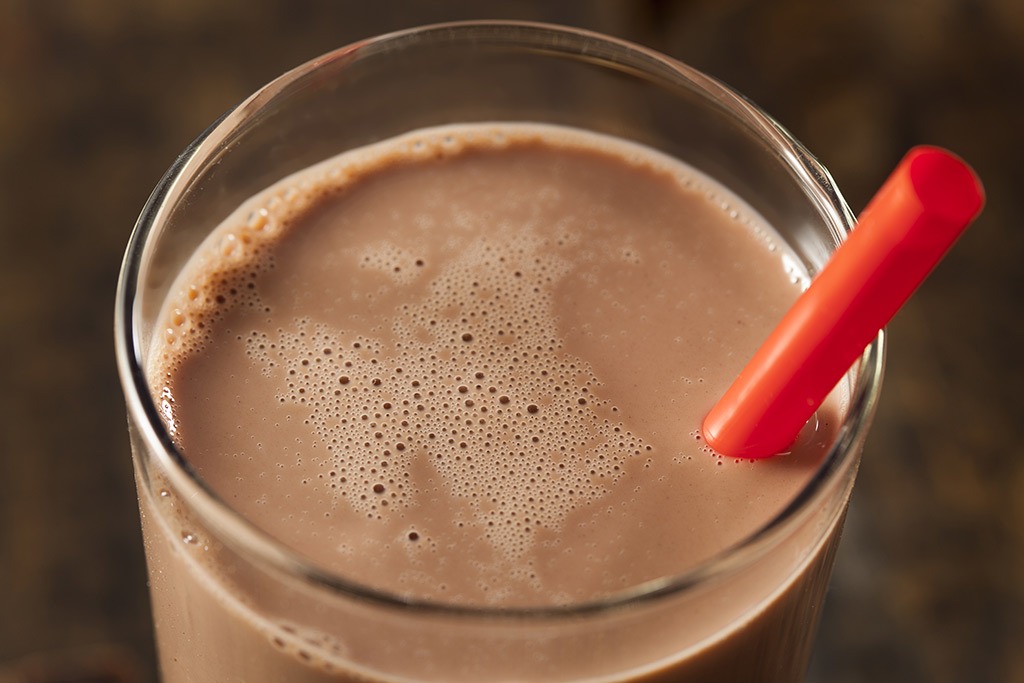
Because It Contains: Calcium + sodium + phosphorus + potassium + protein + carbs + water
If we could suggest just one beverage to sip after a workout, it would be chocolate milk. To begin with, milk has more electrolytes and potassium than water and sports drinks, and the addition of chocolate gives milk the perfect balance of carbs, protein and fat for recovery after a serious sweat session. It also contains phosphorus, which can help reduce post-workout muscle pain. Thanks to the childhood staple’s high calcium content, the beverage can also impede your body’s ability to absorb fat, making your time in the gym all the more effective.
Eat This Tip!: Check our exclusive Chocolate Milk Diet to learn how to get the most health benefits from every cup.
AVOCADO
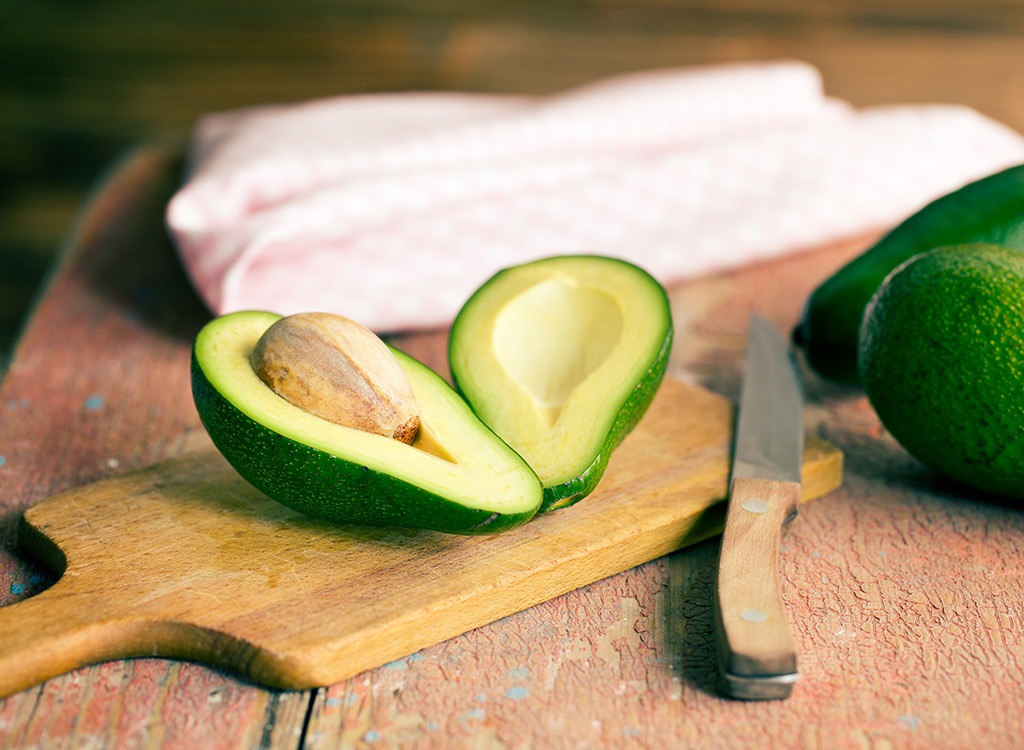
Because It Contains: Potassium + magnesium + healthy fats + water
Potassium wards off post-pump muscle cramps and dizziness, and just one-half of an avocado serves up a quarter of the day’s recommended intake. The mighty fruit is also jam-packed with hydrating H20 and hunger-quelling, fat-reducing monounsaturated fats. People who reported eating half a medium-sized avocado on a daily basis had a lower BMI and smaller waist circumference than those who didn’t eat the fruit every day, a Centers for Disease Control survey found.
Eat This!: Use the fruit as a salad topper, swap mayo for smashed avocado in your sandwiches, or add a few slices to your post-pump smoothies for a creamy, satisfying texture.
SPINACH
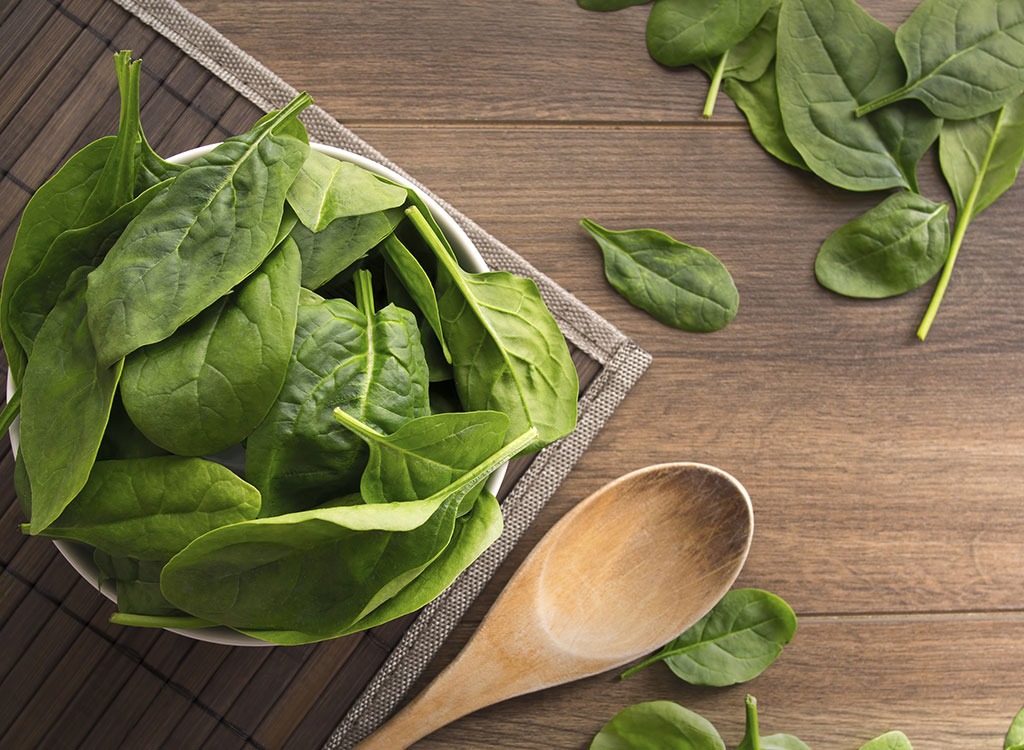
Because It Contains: Magnesium + potassium + iron + calcium + water
Spinach boasts an abundant amount of magnesium, an electrolyte that builds muscle mass, fuels fat burn and wards off muscle cramps. In fact, just two cups carry 12 percent of the recommended daily intake. Combine that with the leafy green’s muscle-building iron, calcium, potassium and high water content, and you’ve got yourself a post-workout nutritional superstar. What’s more, spinach contains green membranes called thylakoids, which can tame insatiable post-workout munchies by releasing satiety hormones, according to a small Journal of the American College of Nutrition study.
Eat This! Throw spinach into protein shakes, omelets, sandwiches and whole-grain pasta dishes. Use it as a salad base or sauté it with olive oil, black pepper and garlic.
LIGHTLY SALTED ALMONDS
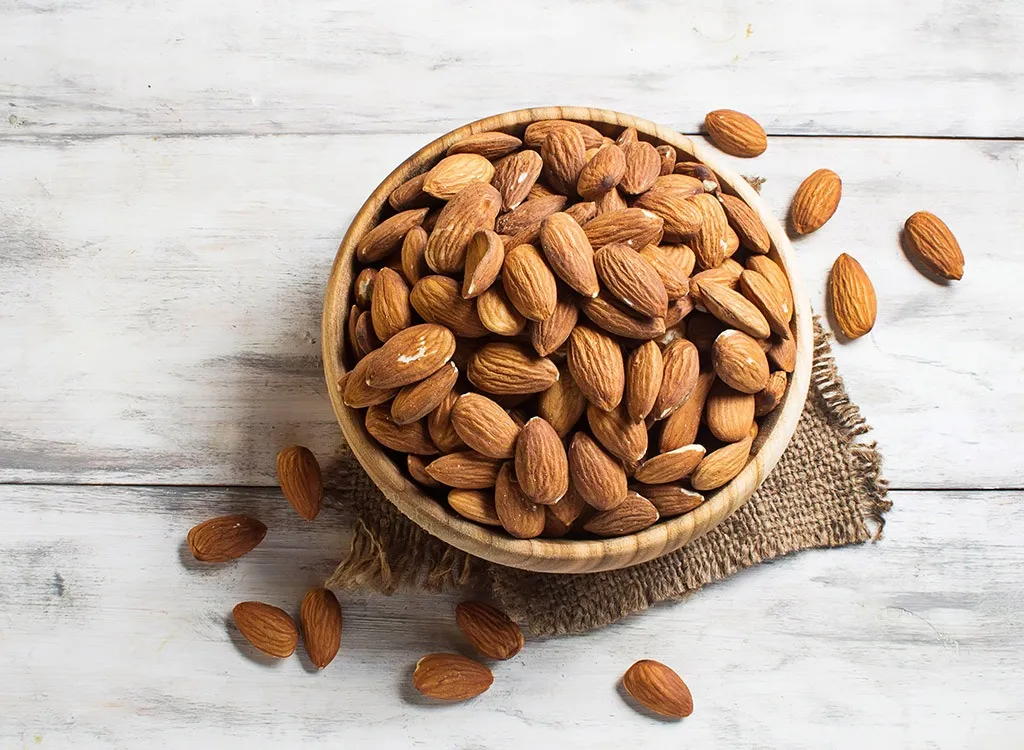
Because They Contain: Phosphorus + magnesium + sodium + calcium + chloride + protein + healthy fats
Ounce for ounce, almonds are one of the most nutritious nuts. Not only do they provide nearly every electrolyte in the book, but they also pack plenty of muscle-building protein and a compound that limits the amount of fat the body can absorb. One study of overweight adults found that eating about a quarter-cup of almonds daily for 6 months—instead of a complex carb-rich snack—led to a 62% greater reduction in weight and BMI and 50% greater reduction in waist circumference. Though we typically don’t suggest buying the salted variety, the sodium will help replace the salt you’ve lost through your sweat if you’re noshing post-workout.
Eat This! Snack on an ounce of almonds solo, sprinkle some into a spinach salad with some berries, or mix them into oatmeal.
SARDINES

Because They Contain: Sodium + calcium + phosphorus + protein + water
An ultra-hydrating food, it should be no surprise that more than half of a sardine’s weight is comprised of water — it does spend all of its life in the ocean, after all. The oily, protein-packed fish is also one of the best sources of dairy-free calcium out there—an important nutrient that’s lost through sweat during exercise. Look for varieties canned with the bones, which are soft and completely edible. Though the idea of eating fish bones may be a bit hard to swallow, they’re the part of the fish that packs all the calcium. Downing them is non-negotiable if you want to reap the benefits.
Eat This! For a tasty, Mediterranean-inspired dish, toss the fish on a bed of romaine with tomato, cucumber, olives, feta and red wine vinegar. For a quick post-gym snack, top whole-grain crackers with two or three sardines and fresh lemon juice.